My One Major Problem With the "Noah" Movie
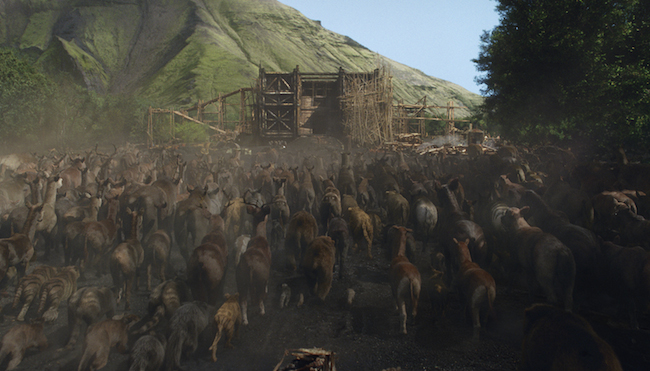 I loved the first 2 hours of Darren Aronofsky's?Noah. I have no problem with the creative liberties Mr. Aronofsky takes with the source material--in fact I loved his creativity. Below, I'll tell you what I appreciated. But first....Here's My Problem With?Noah?(no spoilers here):In a masterful way, the film's message couldn't be more?clear, true, or terrifying: humans are a violent, selfish, sinful race, and there is no hope for us. We cannot save ourselves.And then the final 18 minutes makes this point: "After the Flood, the good news is that humanity--led by Noah--now gets to save itself."See the problem?
I loved the first 2 hours of Darren Aronofsky's?Noah. I have no problem with the creative liberties Mr. Aronofsky takes with the source material--in fact I loved his creativity. Below, I'll tell you what I appreciated. But first....Here's My Problem With?Noah?(no spoilers here):In a masterful way, the film's message couldn't be more?clear, true, or terrifying: humans are a violent, selfish, sinful race, and there is no hope for us. We cannot save ourselves.And then the final 18 minutes makes this point: "After the Flood, the good news is that humanity--led by Noah--now gets to save itself."See the problem?
- Minutes 0-120: humanity is a mess and cannot save itself.
- Minutes 121-138: humanity will now save itself.
Even artistically, the ending doesn't fit with the rest of the movie.In a very sad way, Darren Aronofsky's conclusion undermines what he has been trying to tell us and proves how deeply our delusion goes. "We are a mess and we will never be able to save ourselves....Unless we try really hard and save ourselves." This is the extent of our wisdom.The Great War began 100 years ago this summer. The best and the brightest of European culture and society were convinced that such a war was impossible, because humankind was now enlightened and rational. And then came the Somme.The last 100 years ought to have caused Mr. Aronofsky to be more cautious in his movie's conclusion, but the sad story of humanity is that we never learn.As I mentioned, I have no problem whatsoever with the major creative liberties Mr. Aronofsky took with the Genesis material. But, I do have a major theological problem with Mr. Aronofsky's ultimate conclusion. The Genesis account couldn't be clearer: humanity is just as messed up after the Flood as before.If the last 18 minutes were different (and it wouldn't have required much to change the final message),?Aronofky's?Noah would have been a great movie. As it is, I think it's one more example of humanity's problem. Here's What I Loved About the Movie (Spoiler Warning):
- Noah's retelling of Genesis 1 to his family. The visuals that go along with his retelling are beautiful, interpreting the deep theology and poetry of the Creation account in ways I've never seen before.
- "The Watchers." The Watchers are fallen angels, and though I was initially skeptical when they appeared on the screen, I quickly appreciated their part in the story. The Watchers are fallen angels not because they rebelled against God by wanting to take his place, but because they rebelled against God by wanting to help humanity too much. There is a lot of wisdom in that understanding of sin. Their curse is to become part of the earth, and so they appear as rock giants.
- Noah's self-understanding. Noah sees himself as totally flawed and unrighteous and believes his only role is to steward creation, and then die.
- Noah's family dynamic. I think the tension that Noah's devotion--obsession?--causes in his family rang true.
- The Flood itself. Terrifying and utterly believable.
- All the small, human details. The scene where Noah's family is in the Ark and hears the screams of those bereft outside? Wow.
- Actually, I loved pretty much everything about the first 120 minutes of the movie....
UPDATE:?Over at?First Things, Wesley Hill has the same problem with?Noah that I do, but says it better.

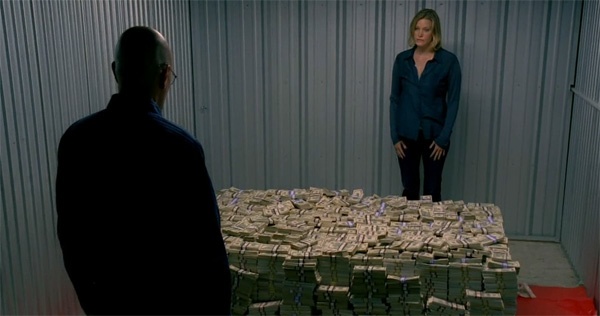

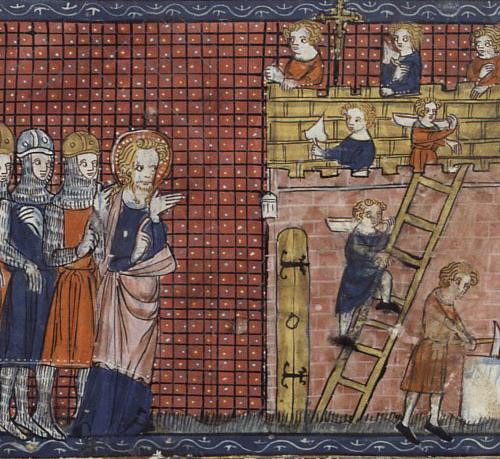


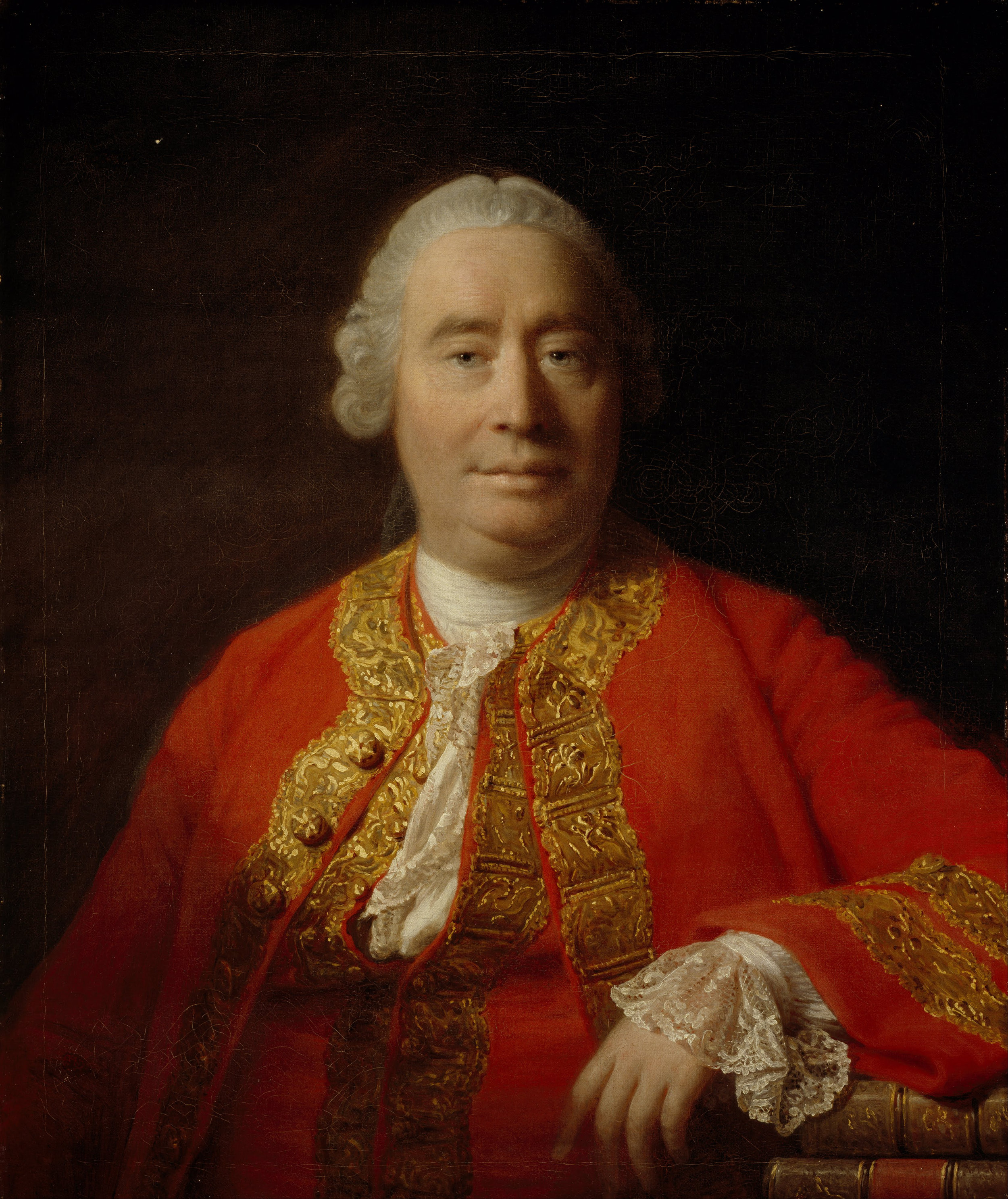

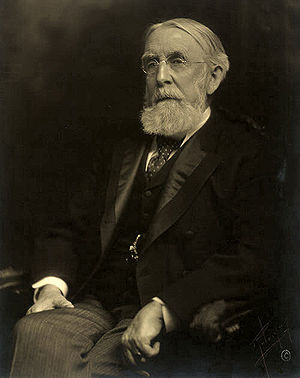

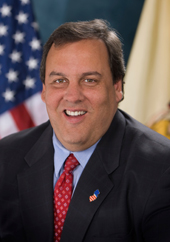 The way our media covers American politics is one of the main problems in American politics, as the coverage of the Chris Christie bridge scandal makes clear.This week, documents were published that show that top aides to the NJ Governor deliberately snarled traffic leading from the George Washington Bridge into Fort Lee, NJ. Christie denies any knowledge of their actions.I'm not concerned with parsing out the truth of the scandal or in Governor Christie's fitness for public office. Rather, I'm much more concerned with how the media has covered this and other political scandals: like spectators at a sporting event.I've read very little coverage of the Christie scandal that addresses the morality of the issue, what it means when public officials use their official positions in unethical ways. Instead, almost all the coverage is interested in questions like:
The way our media covers American politics is one of the main problems in American politics, as the coverage of the Chris Christie bridge scandal makes clear.This week, documents were published that show that top aides to the NJ Governor deliberately snarled traffic leading from the George Washington Bridge into Fort Lee, NJ. Christie denies any knowledge of their actions.I'm not concerned with parsing out the truth of the scandal or in Governor Christie's fitness for public office. Rather, I'm much more concerned with how the media has covered this and other political scandals: like spectators at a sporting event.I've read very little coverage of the Christie scandal that addresses the morality of the issue, what it means when public officials use their official positions in unethical ways. Instead, almost all the coverage is interested in questions like:
